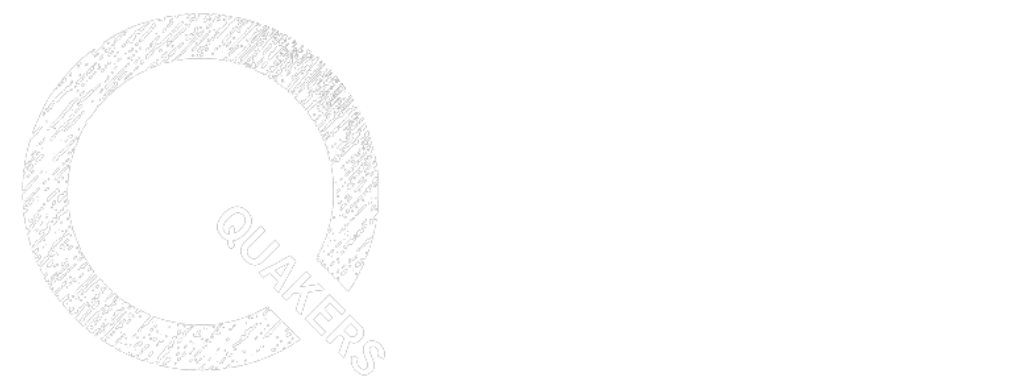Ipswich & Diss Approach to Safeguarding
Safeguarding is important in our meetings and events. Here is our approach and a link for further information.
The Trustees of Ipswich and Diss Area Meeting recognise the importance of the Area Meeting’s work with children, young people and adults in need of protection and its responsibility to protect everyone entrusted to our care.
From time to time our spiritual journey requires us to take risks. As adults, taking risks is easier when we know we are supported by others and have confidence in our personal experience. Our children are more vulnerable with limited experience and their protection is a paramount responsibility.
Some adults in our meeting may also be at risk of abuse because they need help with daily living tasks, and may be unable to protect themselves against harm or exploitation. Adults at risk of abuse include people with a wide range of disabilities and circumstances.
As Quakers we are committed to Safeguarding children and adults at risk by bringing together what our faith expects of us and the law requires. This includes:
- the care, respect and nurture of all vulnerable groups encountered within Quaker activities
- the safeguarding and protection of children and other vulnerable people
- the promotion of a culture of good practice in relation to activities promoted by Quaker meetings and groups
- maintaining and developing procedures and good practice guidelines
Ipswich and Diss Area Quakers’ Safeguarding Policy follows relevant legal requirements and draws on the support of qualified agencies (e.g. police, social services, probation services and Thirtyoneeight), but we have also tried to write it in a spirit that allows creates a framework that lets our children and adults at risk know that they are both physically and emotionally safe and allows sufficient freedom for them to choose the paths and challenges of their own spiritual journey.
We also aim to inform and support adults in what action to take if they are concerned about a child’s welfare or that any child may be suffering harm.

